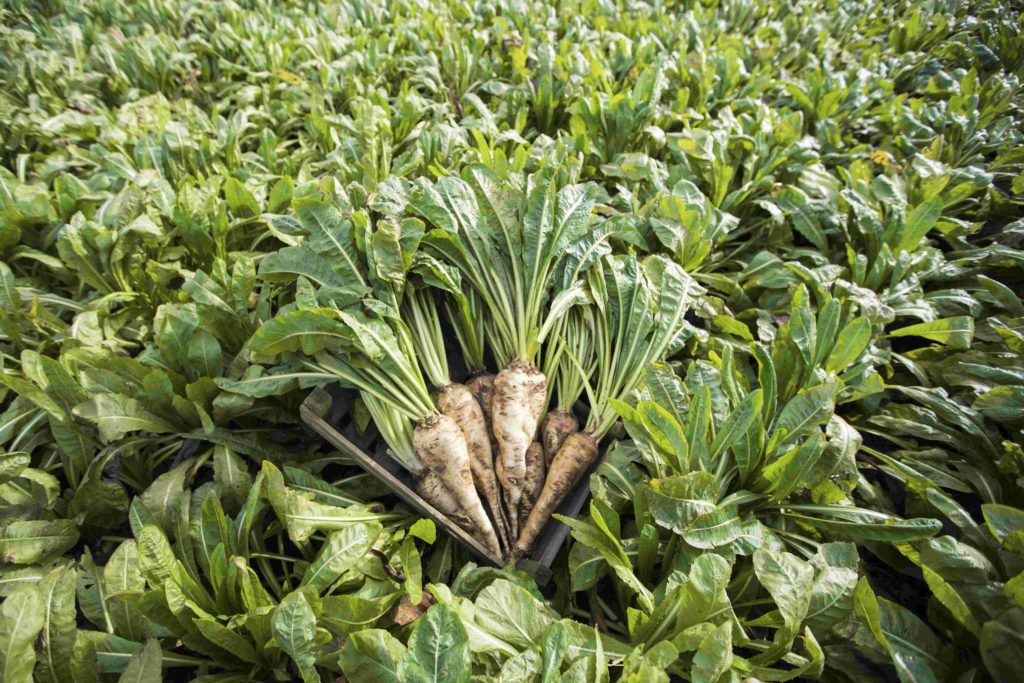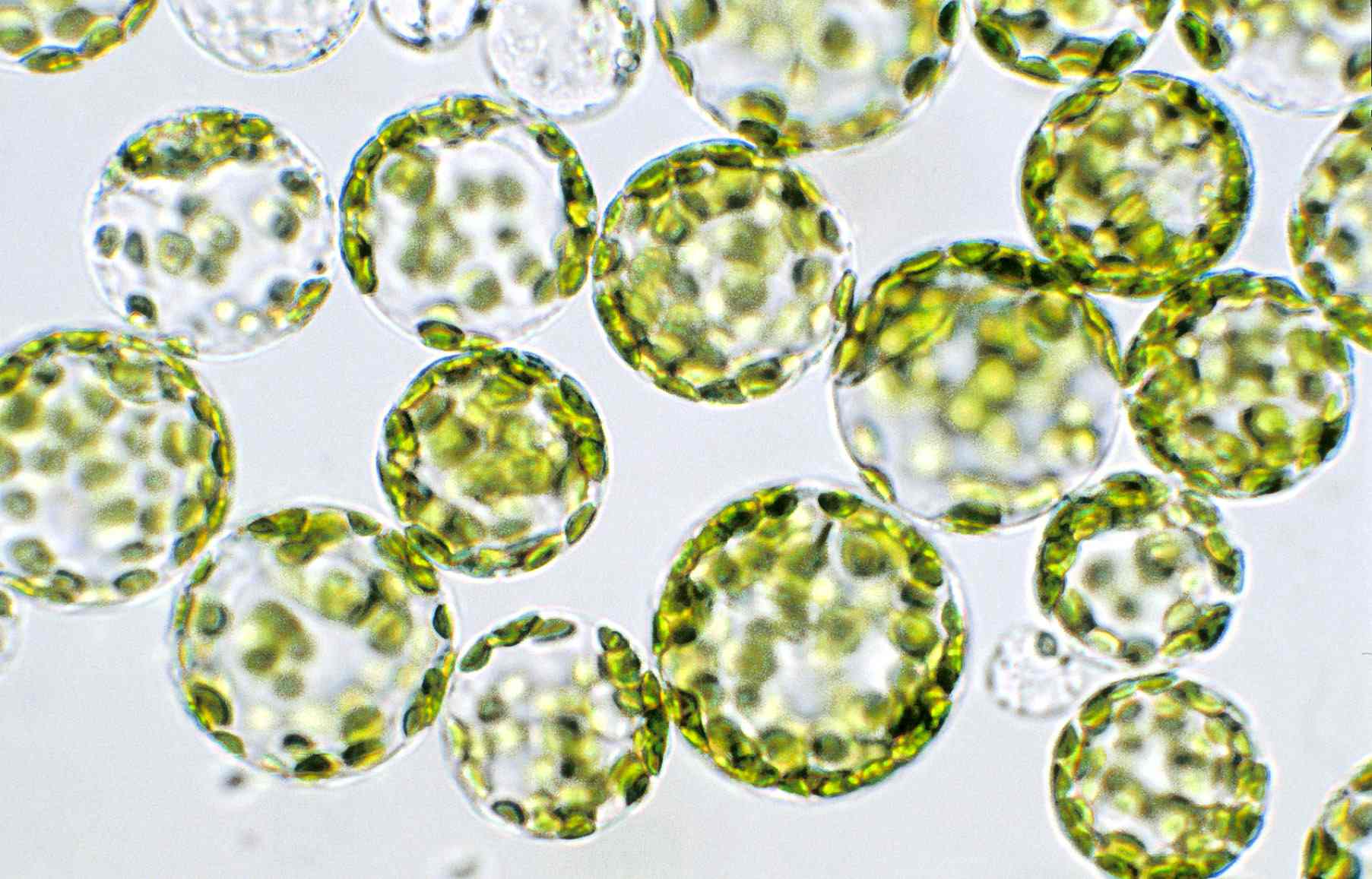
Developing genetic variation technology to create crops that are better suited to an ever-changing environment, and to the evolving demands of markets and society.
Variation induction introduces spontaneous genetic changes in plants as a way of developing new and desired traits, for better crop varieties. Novel genetic variants can be developed by using random mutagenesis techniques, or through targeted gene editing techniques. Each is a powerful way of identifying and understanding and using the genetics of important plant traits.
KeyGene scientists develop and apply variation induction technology in both of these areas, with the goal of advancing crops that are better suited to their environments, more attractive to consumers, and that address the specific goals of our partners. Working closely with KeyGene collaborators, we select the approach – or approaches – best suited to achieve superior results.
KeyPoint®: powerfully ‘random’
KeyGene’s proprietary KeyPoint Breeding technology is one widely used example of the innovation we apply to randomly induced variation. It was first developed for vegetable breeding but is now used by our scientists for research involving many different crops.
Importantly, plant materials developed through KeyPoint are exempted from GM (genetically modified crops) regulations in the European Union.
Genome editing: targeted
KeyGene also develops and uses targeted editing of DNA techniques, to validate the function of genes and to develop plant material with desired traits not yet available in crops.
Impact
The value of both the random and the targeted approach can be broad. Both of the approaches can be powerful tools to reveal and understand the genetics of important crop traits.
Once the impact of e.g. variants of genes on a certain trait is known, the techniques can be used to raise plants having desired DNA variants.
Examples of KeyGene's technology innovation in inducing genetic variation

Genome editing successfully used to induce chicory plants to accumulate important medical compound
KeyGene, Wageningen University & Research, and Leibniz Institute of Plant Biochemistry in Germany, have induced desired variation in chicory for plants that accumulate costunolide, an anti cancer plant metabolite.

